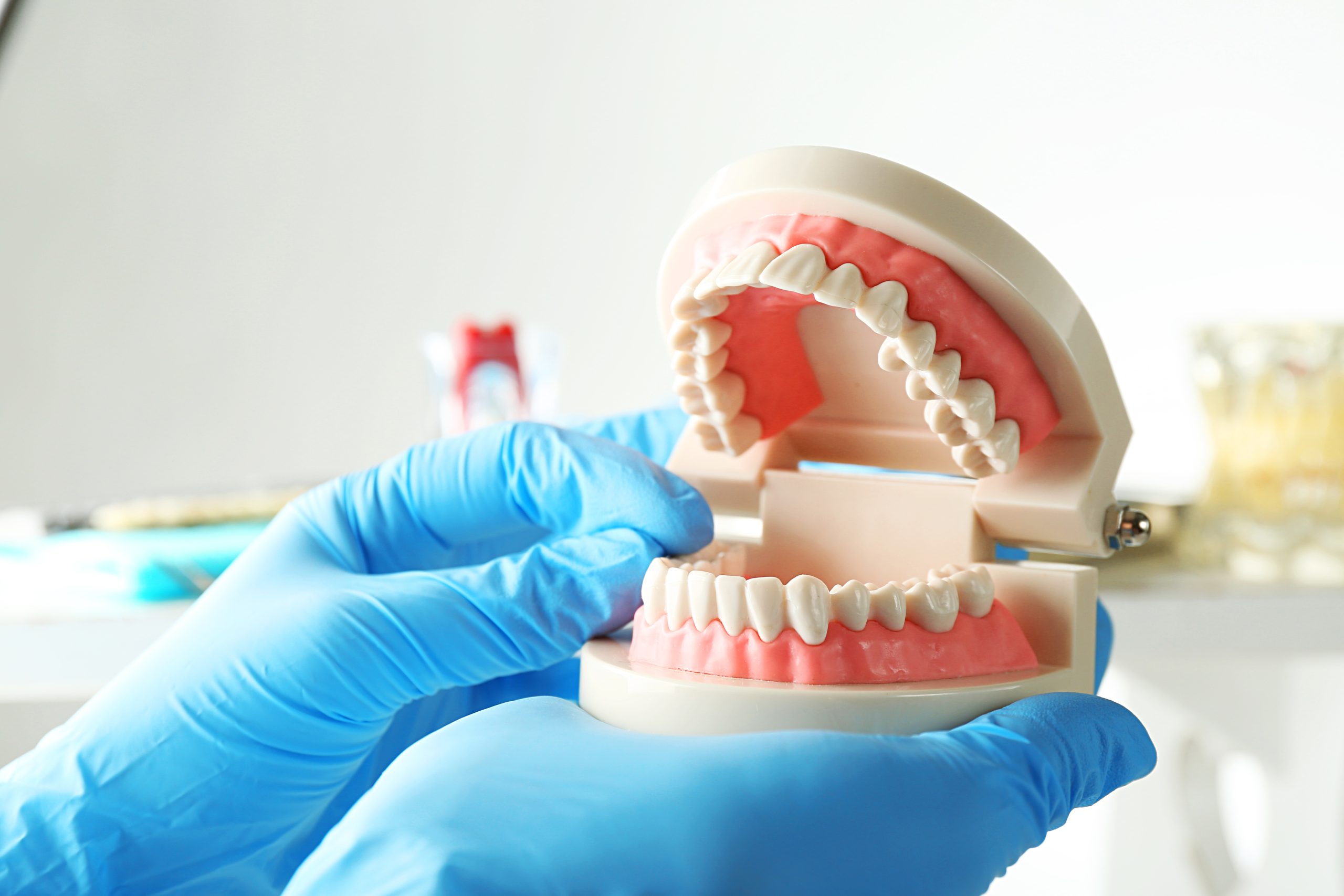Oral cancer is a category of cancer that affects the interior of your mouth. It does not target any one specific area; it may attack your tongue, cheeks, gums, roof or floor of the mouth or even the back of the mouth near the entrance to the throat.
Oral cancer affects thousands of people every year, and is deadly if not spotted and treated in time.
Your dentist performs a screening during your biannual visits, whether you have noticed or not, checking for early warning signs. There are also a few risk factors you may have that can increase your chances.
Smoking
Smoking, or other tobacco related products, greatly increase your chances of getting oral cancer. Approximately 80% of all oral cancer patients are, or have been, tobacco users. The longer you smoke or chew, the greater your risk. Chewing tobacco, specifically, has been linked to cancers of the gums, cheeks and inside of the lips, where ever the tobacco tends to rest.
Drinking
While the occasional drink does not increase your risk, excessive drinking does. About 70% of oral cancer patients are heavy drinkers. Your risk increases exponentially if you drink excessively and smoke or chew tobacco.
HPV
Human papilloma virus, or HPV, actually encompasses over 150 different strains. It is transmitted through sexual contact. While HPV itself is not a cancer, certain strains can cause certain forms of cancer, including oral cancer.
Family History
If members of your family, especially those in your immediate line (parents or grandparents), have been diagnosed with oral cancer, that doesn’t mean that you are automatically going to get it yourself. But it does increase your chances.
Sun Exposure
Some time spent out in the sun is good for your health. However, if you spend hours every day out in the sun, or are exposed on a regular basis to UV light (such as tanning beds), without sunscreen, you increase your risk of developing cancer on your lips.
Early detection of oral cancer is key to combating it and surviving. Therefore, it is important that you discuss any risk factors with your dentist, and contact our office if you ever notice anything wrong.








